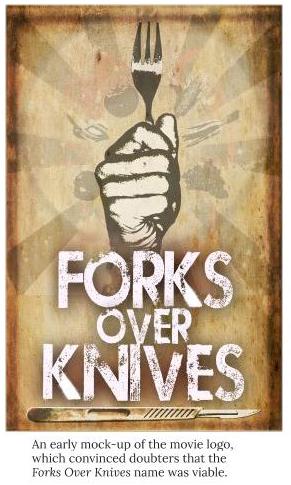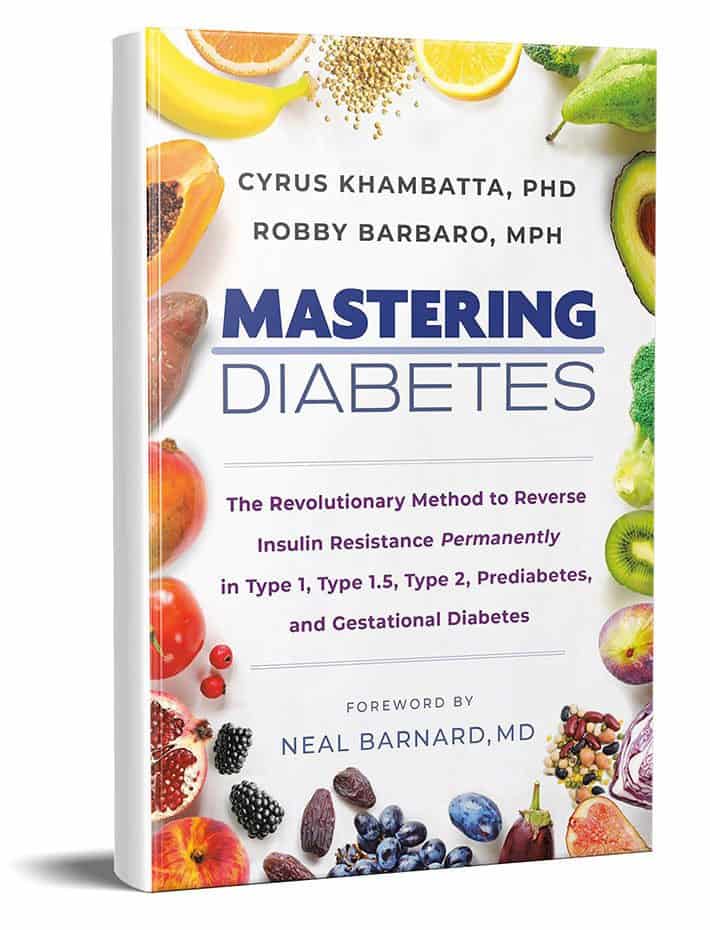Low fat and plant based does seem effective for some people
@beating_my_betes
In recent weeks I’ve seen links offered to ‘Forks over Knives’ for reading around that approach, and examples of people for whom it has worked well. (I confess I’ve not read into it, so know little more than that). I gather it is an approach that seeks to reduce insulin resistance.
Forks Over Knives is really similar to many of the lower-fat, plant-based options. And while it's not specific to diabetes treatment, people have used it to help them towards remission:
Here's a link to some success stories:
Real people, real results. Click here to read Forks Over Knives' success stories and be inspired by the transformative impact of a plant-based lifestyle.

www.forksoverknives.com
Here's an article that I think is really worth reading. It's an 'outsiders' appraisal of these kinds of modalities:
However, when it comes to diabetes, specifically, it's worth looking into the work of the Mastering Diabetes crew:
Here's a very good interview with the two founders:
Here're some success stories, mixed with work-in-progress journeys:
Read the success stories from those living with type 1 diabetes, type 1.5 diabetes, prediabetes, and type 2 diabetes – the Mastering Diabetes Program has transformed their lives from the inside out and they are incredibly happy about it.

www.masteringdiabetes.org
And here're some more detailed 'case studies' (Keep hitting "Load More" for more examples:
Watch and listen to these incredible case studies from the Mastering Diabetes Program – specifically designed to teach you how to reverse insulin resistance, lose weight permanently, gain energy, reduce your cholesterol, and reduce your chronic disease risk.

www.masteringdiabetes.org
What's really great with these, and more specific to insulin resistance, are the transformations of T1D with this program. Their results also have implications for T1D, when it comes to insulin resistance.
Here is just one example, from someone who tried it for six months. It's one thing to hear the theory, but a whole other thing to see how eating tons of carbs, while reducing fat, can increase insulin sensitivity. He includes a comparison chart within the video, which I've screen-grabbed. There are a few more similar comparison charts within the T1D case-studies on the MD site:

Have fun!




